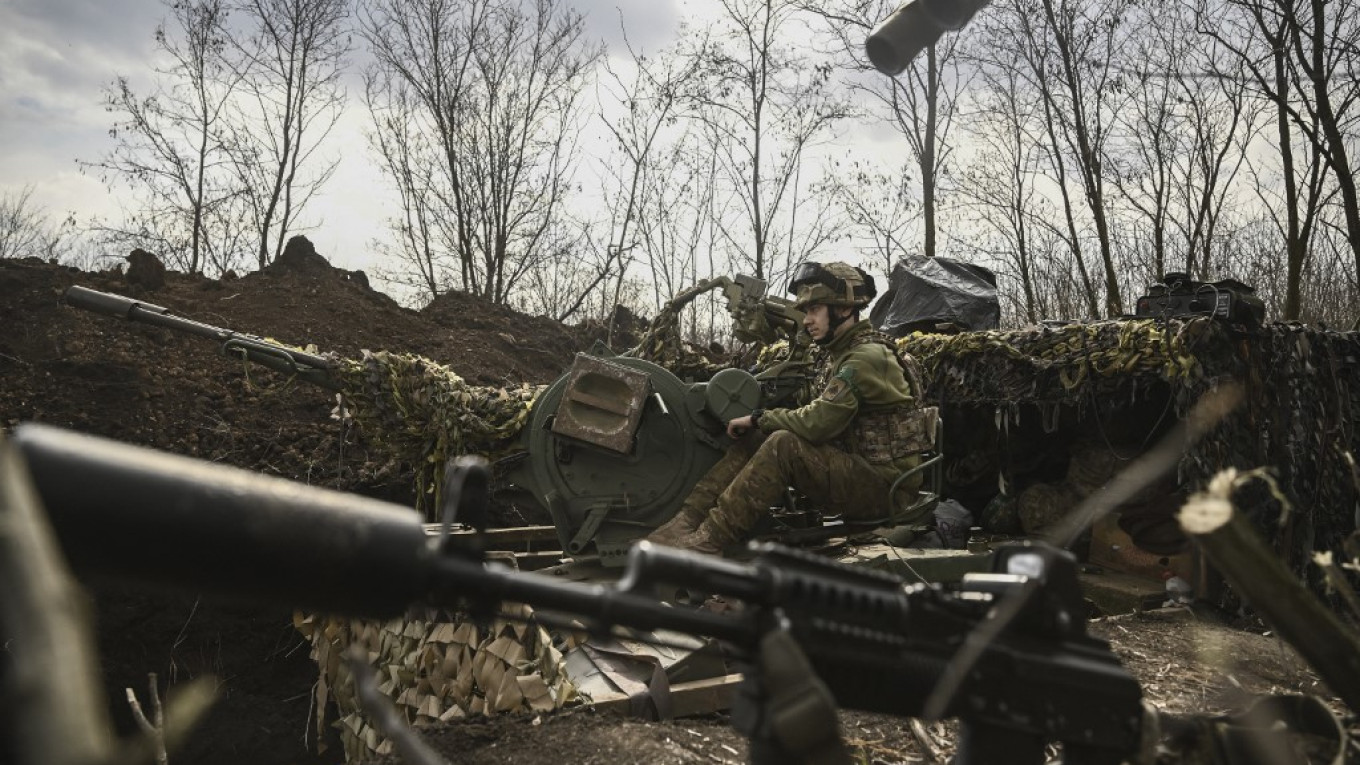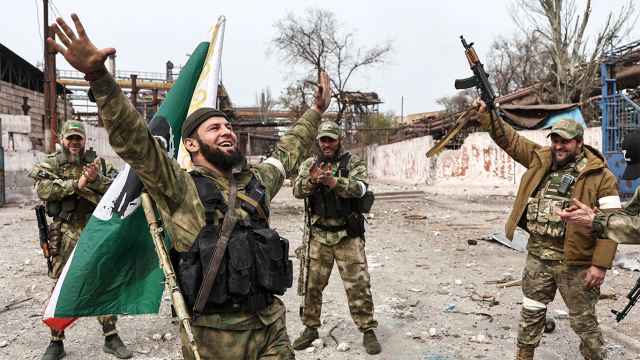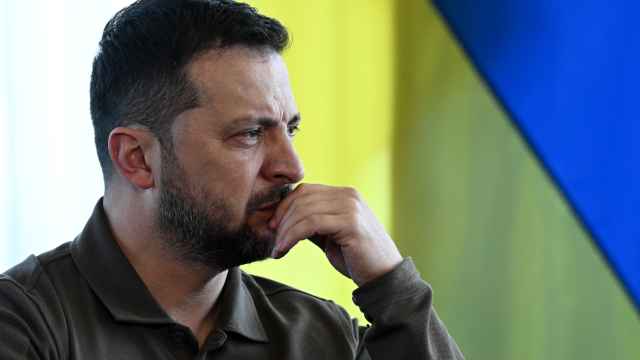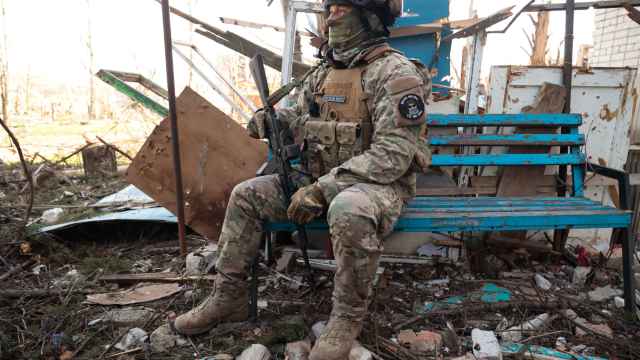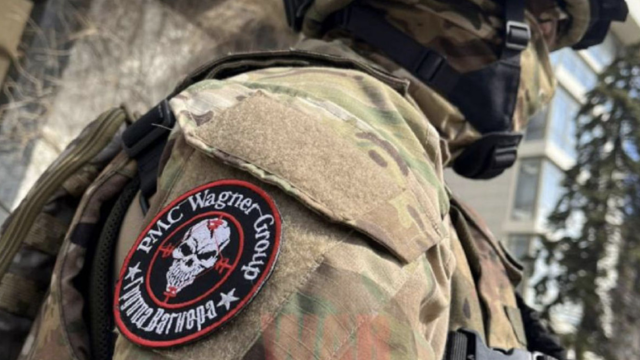Kyiv said its forces were "managing to stabilize" the situation around Bakhmut, a now-destroyed city in eastern Ukraine that has seen the longest battle of the Russian invasion.
Bakhmut — which once had an estimated population of around 70,000 people — has been virtually emptied of civilians over months of fierce fighting between Russian and Ukrainian forces.
The frontline situation is "the toughest in the Bakhmut direction," the head of Ukraine's armed forces Valery Zaluzhny said late Friday after a phone call with Britain's Chief of the Defense Staff Admiral Sir Tony Radakin.
"Due to the tremendous efforts of the Defense Forces, we are managing to stabilize the situation," Zaluzhny said on Facebook.
Russian forces have been posting painstakingly incremental gains around the city, whose symbolic importance surpassed any military significance as the battle dragged on.
According to the British Defense Ministry's latest intelligence update on Saturday, Russia's assault on Bakhmut "has largely stalled."
"This is likely primarily a result of extreme attrition of the Russian forces," the British statement read, adding that in the battle Ukraine had also "suffered heavy casualties."
Senior Ukrainian military commander Oleksandr Syrsky said Thursday that a counter-attack could be launched soon against "exhausted" Russian forces near Bakhmut.
Syrsky's statement came a day after Ukrainian President Volodymyr Zelensky announced he had visited Ukrainian forces near the Bakhmut frontline Wednesday.
The head of Russia's Wagner mercenary group, Yevgeny Prigozhin, said Monday that his forces were in control of around 70% of the city.
A Message from The Moscow Times:
Dear readers,
We are facing unprecedented challenges. Russia's Prosecutor General's Office has designated The Moscow Times as an "undesirable" organization, criminalizing our work and putting our staff at risk of prosecution. This follows our earlier unjust labeling as a "foreign agent."
These actions are direct attempts to silence independent journalism in Russia. The authorities claim our work "discredits the decisions of the Russian leadership." We see things differently: we strive to provide accurate, unbiased reporting on Russia.
We, the journalists of The Moscow Times, refuse to be silenced. But to continue our work, we need your help.
Your support, no matter how small, makes a world of difference. If you can, please support us monthly starting from just $2. It's quick to set up, and every contribution makes a significant impact.
By supporting The Moscow Times, you're defending open, independent journalism in the face of repression. Thank you for standing with us.
Remind me later.


